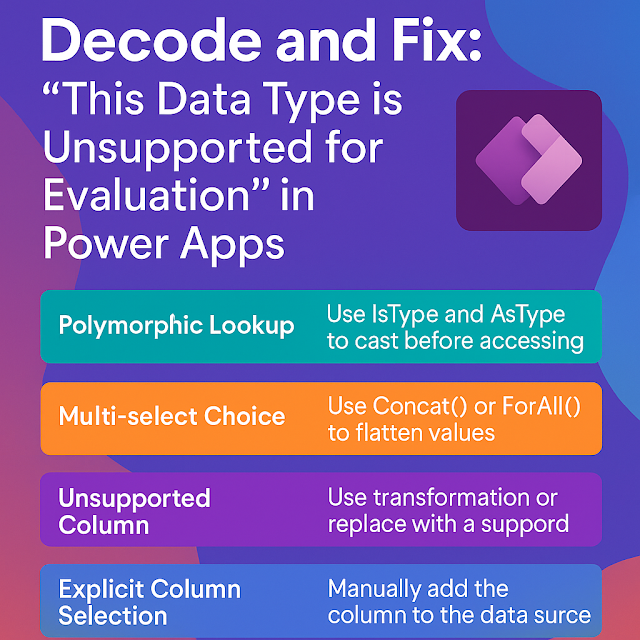Effective Strategies for Debugging Plugins in Dynamics CRM
In a recent interview, I was asked about debugging plugins in Dynamics CRM. The interviewer specifically wanted to know my approach to plugin debugging. In response, I mentioned using the Plugin Registration Tool profiler. However, I later realized there are multiple methods to debug plugins in Dynamics CRM/Dataverse, each essential for efficient troubleshooting. Debugging plays a crucial role in development, and having a solid understanding of various debugging approaches can help streamline issue resolution in Dynamics 365. Here, I'll explore different techniques for debugging plugin code.

There are below options to use in the plugin in Dynamics CRM/Dataverse
ITracingService : In Dynamics CRM plugin development, ITracingService is a service provided within the plugin's execution context that logs information for tracing and debugging. It allows developers to capture real-time.
Plugin Profiler: A plugin profiler in Dynamics CRM (or Dataverse) is a debugging tool in the Plugin Registration Tool that enables developers to capture detailed execution logs for plugins and custom workflow activities.
Persist to Entity: In Dynamics 365, Persist to Entity is an option available in the Plugin Profiler within the Plugin Registration Tool. When enabled, this feature saves the plugin’s execution context data to a custom entity within the CRM environment. This stored data can then be used to replay and debug the plugin execution without re-triggering it in the system.
Platform Traces: Platform Traces in Dynamics 365 and Power Platform are detailed system logs capturing events, exceptions, and other runtime data generated by the platform. They are particularly useful in debugging complex issues by providing low-level details about plugin executions, workflows, and system operations, offering insights that aren’t available through standard logs.
Debugging Sandboxed Plugins: Debugging Sandboxed Plugins in Dynamics 365 involves running plugins within the secure and restricted sandbox environment. Sandboxed plugins are isolated from other plugins and services, which enhances security but limits access to certain resources like the file system and external DLLs.
Debugging a plugin in Dynamics CRM involves identifying and resolving issues in the plugin code that can lead to unexpected behavior or errors during execution. These techniques help ensure that plugins function as intended, providing a better user experience.










Comments
Post a Comment